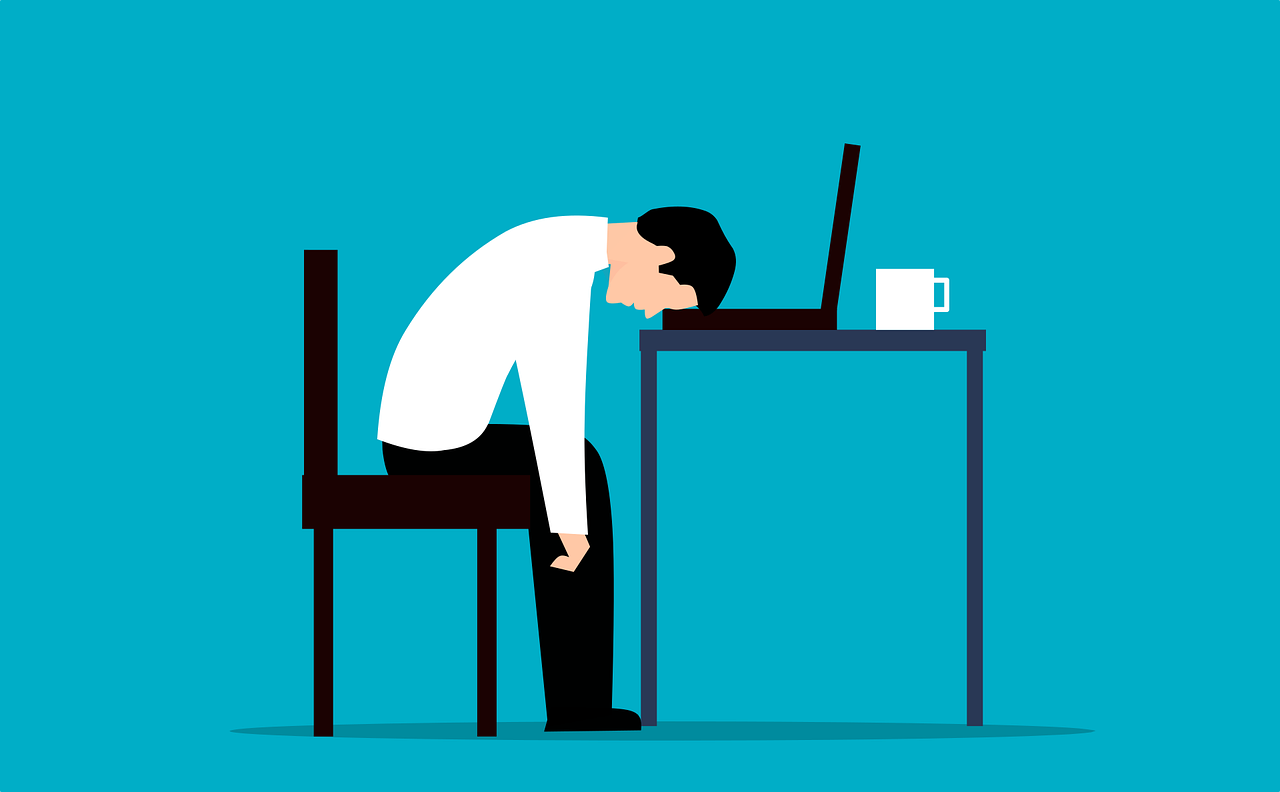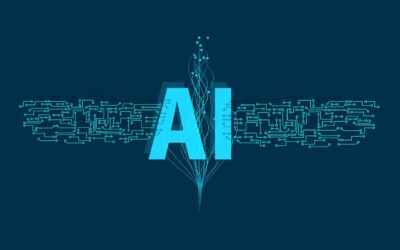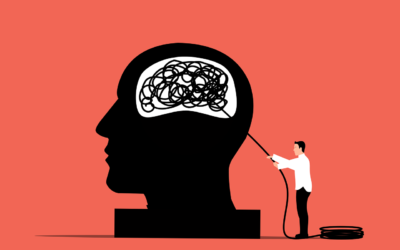There has to be a better way.
Publishing books requires a lot of complicated tools and software that authors need to install, learn, and keep updated. It’s a necessary evil that we all endure. So when my ebook generator released an bug patch, I dutifully installed it and reviewed the details.
And then my ebooks stopped working.
ALL of them. Fifteen titles over a dozen distributors, all of which have special rules that I had painstakingly ironed out over several years. The update had wiped out critical meta data and borked the files beyond repair.
That was the closest I ever came to crying over publishing. Rejection letters? Nope. Hateful reviews? Nah. But a software update ruining years of hard work? That broke me.

Thankfully, I work as a programmer. I have a backup system in place and know how to revert corrupted files. To quote the incomparable Liam Neeson, “I have a very particular set of skills.” In the end, I only lost a few days of work.
I was lucky. Most people aren’t.
When something like this happens, it always destroys momentum. I end up in a black hole of optimization, desperately trying to solve a problem that I didn’t know I had. I lose productivity and sacrifice more sanity to the business side of publishing. And when you have a large library of titles, all of which are published wide, hiccups like this can feel deeply demoralizing.
And then I really hit bottom. On a recent jaunt through the darker side of the industry, I came across this article by author Elle Griffin:
No One Will Read Your Book (And Other Truths About Publishing)
I read the entire thing while nodding and sighing. When I reached the “2.8 percent” part, it damn near crushed my spirit.
Two. Point. Eight. That was the spike in book sales during the pandemic, a once-in-a-lifetime opportunity for authors to shine during a global wave of boredom. But it was barely a blip. Meanwhile, streaming and video game companies saw triple-digit spikes and record profits. For authors, that’s a sign of the end times.
This made me realize that I had reached a grim milestone in my author career. I recognized it from my days in the music industry, which revealed itself as a balance shift. I started to hate the industry more than I enjoyed being a musician. I never set foot on stage again. Hell, I was halfway through recording a new album and none of it saw the light of day. I simply stopped what I was doing and walked away.
And that’s exactly where I am in publishing.
Thankfully, I haven’t reached the “walking away” part because the “writing” part of my author career still holds interest. I have many works in progress that I continue to develop. I still enjoy sending my newsletter and talking to fans. And not to point out the obvious, but I’m taking the time to write, edit, and publish this blog post. The light is still flickering, but it’s definitely much dimmer than usual.
The fact that a software update brought me to this point is reason enough to fight back. If I had rage-quit every time I lost code to version control, I would have ruined my IT career long before it started. It’s such a petulant way to throw in the towel. I would rather crash into the wall while trying to fix the problem.
The problem is, of course, the current state of the publishing industry. It’s a hopelessly broken system that is in desperate need of a sweeping overhaul.
But as every author can attest, some of the world’s biggest companies are standing in the way. Amazon, the largest distributor by far, is especially hostile towards authors. Look no further than the horrific state of Goodreads. This on top of an ever-changing ecosystem that buries indies, bends to ideology, and shifts focus to the already famous. The predictable result is a risk-averse enterprise that no longer develops talent. It’s the exact same thing that happened to the music industry after Napster.
So how do we fix it?
Given that I’m a programmer first and an author second, I have made several attempts to design better tools. I found some success in creating mods to lessen the burden, but larger and more permanent solutions still elude me. It’s easy to say that we should burn it all down and rebuild, but I think the profiteers may take issue with that.
There needs to be an incentive to invest and compete, but reader pools have been dwindling for decades (while author pools continue to grow). That’s more products for less consumers, which isn’t exactly attractive to venture capital. At the same time, we’re dealing with massive corporations that can crush competitors and sweep costly improvements under the rug. It’s a tale as old as business. The more powerful a company becomes, the less concerned they are with doing right by their customers.
So yeah, the deck is brutally stacked against us.
All that said, I still cling to the hope that there’s better way to publish. There has to be some angle, some pathway, some sleek new method that we have yet to uncover. (AI holds some promise, but also has its problems.) And if the music industry remains an apt comparison, that hope may die a slow and painful death.
In the meantime, I will keep hunting for a beacon, a signpost, anything to wake us from this nightmare of an industry. Wish me luck, kind reader. Cap’n Zeedub is hoisting the main and sailing into uncharted waters.


